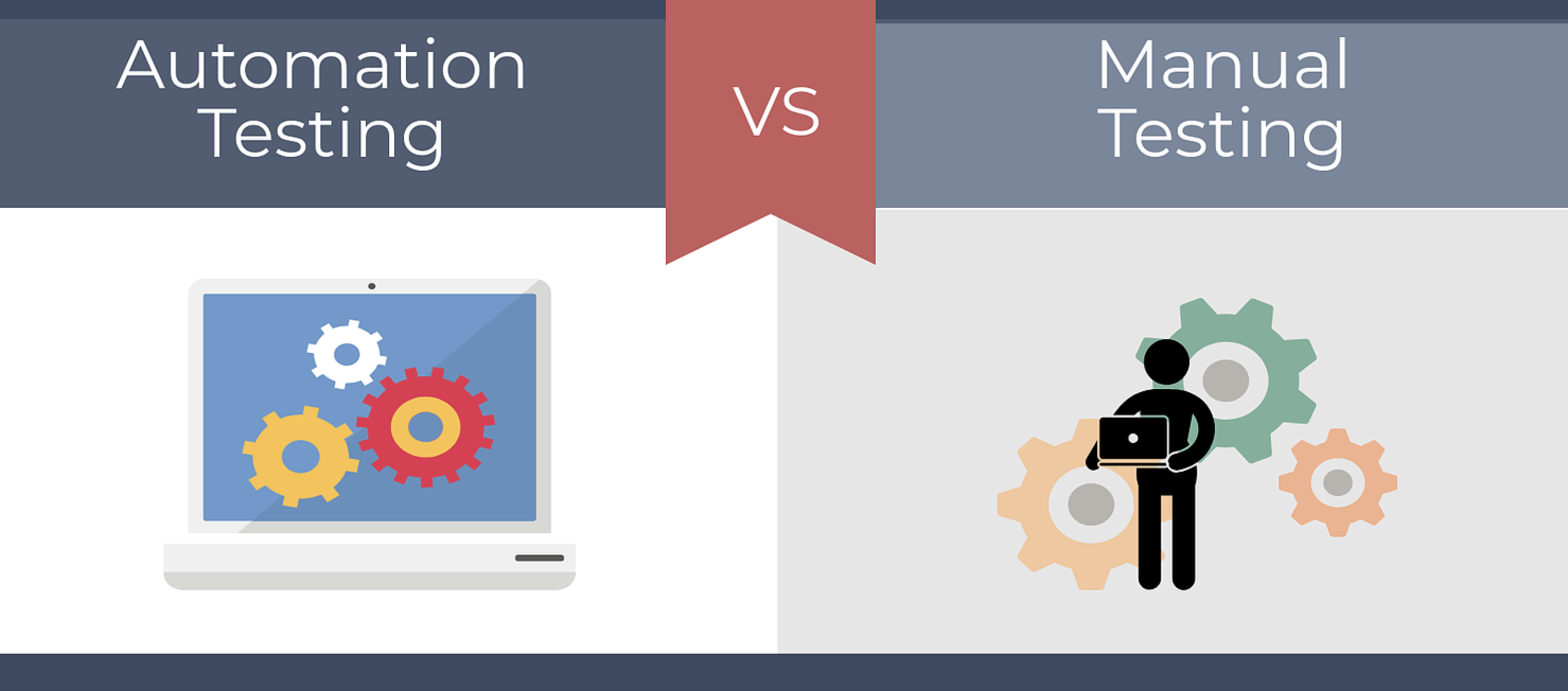SETL-Cast Ep. 1- Interview With Christian Noyer
In this first episode of SETL-Cast, we interview SETL board member Christian Noyer on the future of central banks digital currency (CBDC) and distributed ledger technology.
Transcript
SETL-Cast Intro: Hi, I’m Amanda Porter and you’re listening to SETL-Cast. Join me in this first episode as I interview SETL board member Christian Noyer on the future of central banks, digital currency, and distributed ledger tech.
Amanda: Would you please tell us who you are?
Christian: I am Christian Noyer. I’m a former central banker, I’ve been, doing four years, around 2000 the first Vice President of the ECB, and then I’ve been the governor of Bank of France during 12 years and now among other things, a director at SETL.
Amanda: Will all central banks have a CBDC by 2030?
Christian: Well, difficult to answer, but the acceleration, of at least the studies and the making of projects to enable them to issue such as central bank digital currency if they so wish is really there. The major reason is that central banks are fearing that cash may disappear in a more and more digitalized world. It’s not already the case except in a few countries like Sweden where cash is, is going down very quickly. And the central banks have the feeling that there needs to be a central bank currency somewhere, and say, it’s an important part of the credibility of money that’s the general public can access central bank money so that central banks consider that, they have to prepare for that. It was at the beginning two, three central banks that had that feeling or that fear, and we see now more moves towards that direction. Whether they will in fact in enact the projects and really issue within 10 years, that remains to be seen.
Amanda: Would central banks hold obligations from other central banks and CBDC or some other form?
Christian: Well, I think it’s one… probably one of the most promising ways, even if they do not feel obliged to issue CBDC for the general public, which is a concern for the central banks because they have never, or at least for many years or centuries, not hold individual accounts for the general public, it is only for banks, major and other central banks. But one of the possibilities, that may be realized quite quickly is to hold that central bank digital currency for the accounts of correspondent central banks that will hold all the other central banks where the exchange flows on behalf of their own financial system very often. My expectation is that yes, it will develop rather quickly.
Amanda: Will distributed ledger technology adoption accelerate from here?
Christian: So I think it’s clear that for issuing a central bank digital currency the DLT is the, the key technology. Everybody is looking at using blockchain for that kind of purpose. It’s all the more evidence when we’re talking of wholesale payments between central banks as was just mentioned or with commercial banks because the number of participants is limited. Everybody’s regulated, so there’s a full confidence between the actors and then technically there is no better solution.
Amanda: Where in the world do you think the early uptake of financial technology will be the strongest?
Christian: Well, so far we have seen a few central banks or financial communities that were especially interested by that. Speaking with central banks we had one or two in Asia, especially Singapore, Hong Kong, those financial places, which I mean are trying to be at the frontier of technology in general, and that’s true in that domain too. In, America, probably Bank of Canada was the quickest in Europe, there were, were some banks that took the lead, like the Bank of Sweden. Also the Bank of Denmark, because they felt the fear of losing cash precisely. But we see now, central banks of more important economies like the Bank of England, Bank of France that are really wanting to accelerate all the studies to be able to issue CBDC. And more generally in the last few months, what I’ve seen is a general interest of all the central bank community. Which means that it could become something much more global than only a few pioneers moving ahead. And I see that by the works which are done by the Bank for International Settlement in Basel, which is sometimes called the Central Bank of Central Bank. That’s where all central banks meet and set up working groups to work jointly on certain issues, clear interest in the CBA also on behalf of almost, 20 central banks of the system…and even what I heard recently, if not from the Fed itself but from former, chairpersons or vice chairpersons of the Federal Reserve Board or Federal Reserve Bank of New York is that they are starting to work on that’s where I thought they were a bit late until now, but they may decide to accelerate.
Amanda: And are there any other thoughts that you’d like to add just based on the questions that we’ve asked?
Christian: Well, you know, I think that, covers well the issue of Central bank digital currency on what we are at the moment. But my own feeling is that there will be something that will happen in the next decade to come back to your first question. It might not be… it might be or it might not be the use of such a currency for the general public. And there is clear hesitation of central banks to open accounts for the general public to move in the direction. We might find ways to do that through commercial banks, in which case that would be easier. But I’m almost certain that something will happen relatively soon in between central banks and commercial banks, for all those intra-banking system relationship. Because using the new technologies would be a huge progress in terms of efficiency and cost. And there will be a request by everybody in the world for quicker payments, safer settlements, and that, that may be a game changer.
Amanda: Okay. Thank you very much.
Christian: Thank you.



